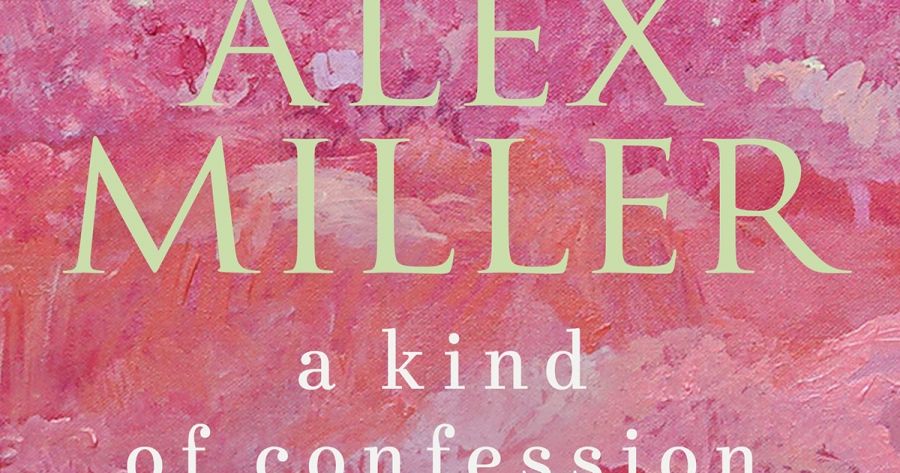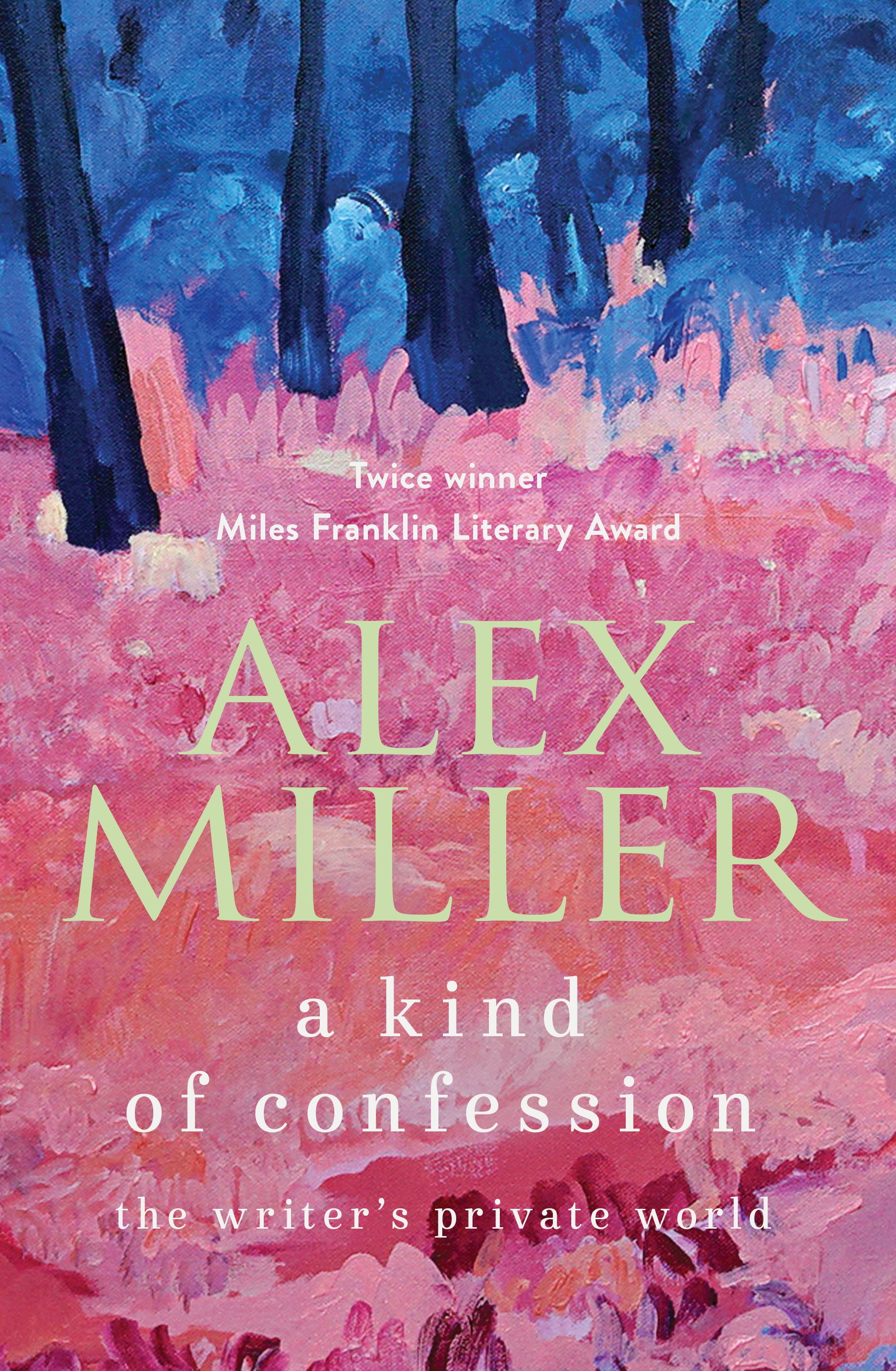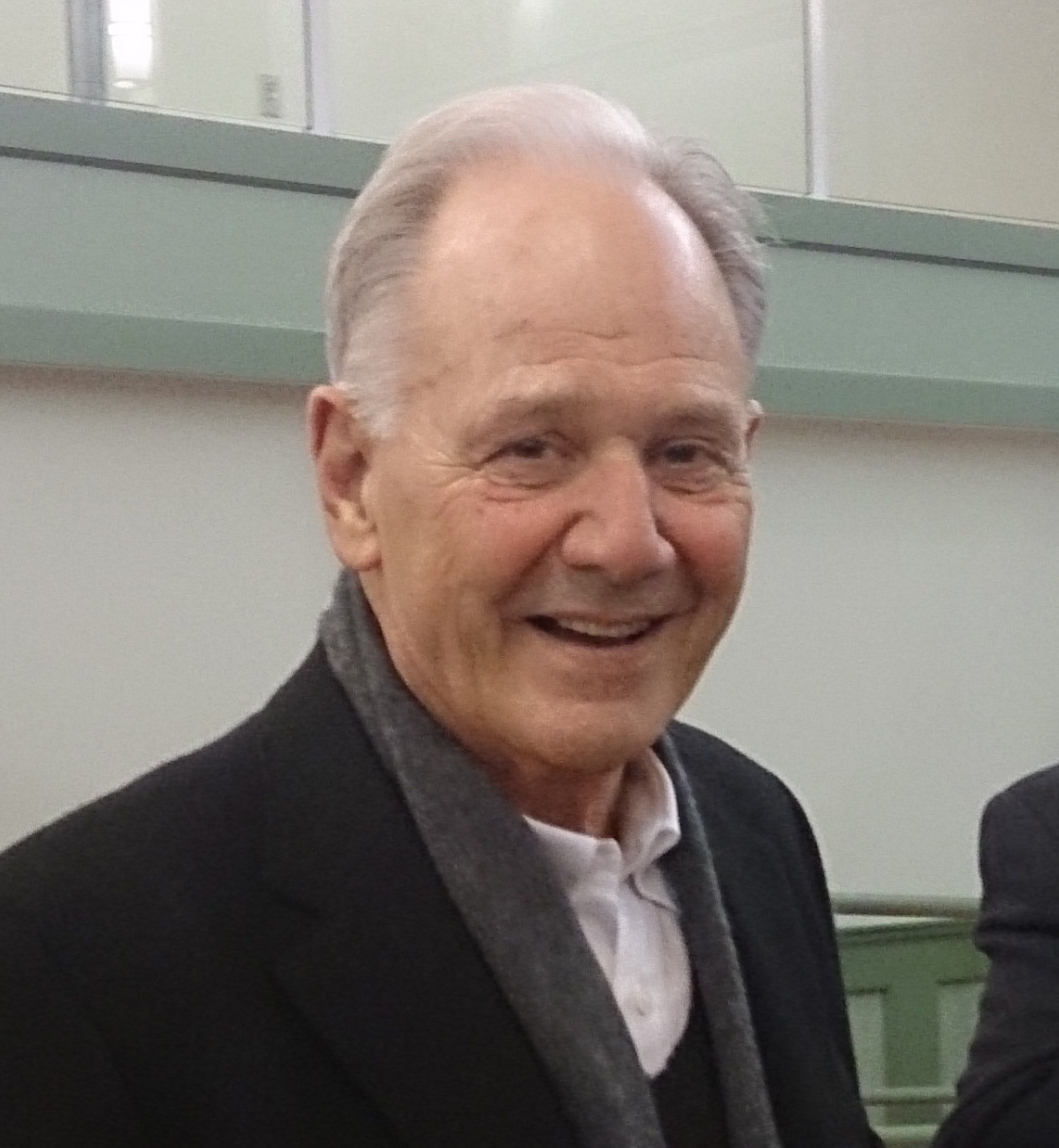
- Free Article: No
- Contents Category: Letters
- Review Article: Yes
- Article Title: Constellations
- Article Subtitle: A selection of Alex Miller’s notes and letters
- Online Only: No
- Custom Highlight Text:
Alex Miller’s most recent book, A Kind of Confession, begins with notebook entries from his pre-publication period – long years in which his deep trust in his identity as a writer appears to have been unshaken. In 1971, he notes: ‘I’ve been committed to writing since I was 21, 13 years. Quite a stretch, considering I’ve yet to publish.’ He was in his fifties before his first novel emerged. Yet even when he complains about his apparent failure – ‘Almost 40 and only 2 short stories published. It makes no sense’ – there is no real lapse of direction; he knows what he is. We can’t read excerpts from these early notebooks and diaries without an awareness of his later success as the winner of significant prizes, including the Miles Franklin Literary Award (twice), the Commonwealth Writers’ Prize, the Melbourne Prize for Literature, the Manning Clark Medal, and the Weishanhi Best Foreign Novel of the Year.
- Featured Image (400px * 250px):

- Alt Tag (Featured Image): Brenda Walker reviews 'A Kind of Confession: The writer’s private world' by Alex Miller
- Book 1 Title: A Kind of Confession
- Book 1 Subtitle: The writer's private world
- Book 1 Biblio: Allen & Unwin, $39.99 hb, 358 pp
- Book 1 Cover Small (400 x 600):

- Book 1 Cover (800 x 1200):

Letters form the bulk of the collection. Most are written by Miller, but there are contributions from others, including his publisher Annette Barlow and the philosopher and writer Raimond Gaita. The first, from 1993, is to Elizabeth Webby, then Professor of Australian Literature at the University of Sydney, responding to her comments about his third novel, The Ancestor Game (1992), where issues of migration, continuity, and fracture are threaded through the lives of emigrant characters, against what Robert Dixon has described as ‘a massive canvas of cultural dislocation’. This powerful and original novel, among the finest works of Australian literature, is mentioned throughout Confession. Successive letters are addressed to critics, to his translator and his publisher, to fellow writers, to friends, and to his wife and daughter. His letters, courteous and astute, provide a medium for his position on contentious political issues; his experience of creative germination, and the personal conditions that have made his work possible.
 Alex Miller, 2013 (Stephanie Miller via Wikimedia Commons)
Alex Miller, 2013 (Stephanie Miller via Wikimedia Commons)
In the Introduction to A Kind of Confession, Stephanie Miller, the author’s wife, writes: ‘In his work, Alex deals with ideas, moral choices and the direction of society.’ The letters include forceful observations about the country’s most reprehensible political failings: ‘here in Australia we are failing the one real challenge facing humankind, our response to the great human tide of refugees that is flooding the world. Our humanity is being tested and we are responding here in Australia with hideous cruelty to those poor souls who ask for our help, our fellow humans. It is very depressing and humiliating to see this and to know oneself a part of it.’ In ‘Australia Today’, an essay from his collection The Simplest Words: A storyteller’s journey (2015), Miller writes about his dismay when Kevin Rudd announced his policy of offshore incarceration for new arrivals, and the contrast between Rudd’s hostility and the kindness of the Australians who welcomed him when he arrived without family or much in the way of material resources, at the age of sixteen. Miller was made welcome by Aboriginal stockmen, his fellow workers on a remote station on the Leichardt River. They were paid a tenth of his wages. In 2021, he rejected an Australian honour on the grounds of Indigenous inequity: ‘The time for handing out honours will be when that Establishment has discharged on behalf of the newcomers the moral obligation to provide justice and recompense to the First Nations people for the injustice and suffering that it has imposed on them.’ Of course, settler incursions and historical culpability are at the heart of much of his fiction, most notably in Landscape of Farewell (2007).
The writing process that Miller describes in his letters is surprisingly auditory: the result of an inner narrative which he hears, or overhears. He writes about this in relation to his novel Autumn Laing (2011): ‘It was only when I heard Autumn’s voice that I knew I’d found a way to tell this story.’ Coal Creek (2013), too, was composed in a state of creative listening: ‘[It was] written with only a small amount of craft and mostly directly with the spirit of the inner voice as I hear it “in my head” – hearing to the page …’ This inner voice gives the writer ‘the tone of the voice in which the story can be written’. The process involves humility – tuning in to this voice – and an internal division into speaker and listener which is distinct from a more conventional sense of writerly command. Joseph Cummins has written a fine study of silence and listening, including listening to the interior voice, in Miller’s work (‘Listening to the Imagined Sound of Contemporary Australian Literature,’ JASAL, Vol. 22, No 2., 2022).
‘We do nothing alone,’ Miller writes in ‘The Mask of Fiction: A Memoir’, which appears in Robert Dixon’s edited volume, The Novels of Alex Miller (2012). He goes on to reveal that Stephanie suggested that he write The Ancestor Game. It is clear that she is an immensely constructive influence on his writing, providing important prompts and responses – as well as selecting pieces for The Simplest Words and notebook excerpts, diary entries, and letters for A Kind of Confession. He describes her as ‘My life’s companion’ and ‘the most sensitive reader I’ve ever met’. In a photo taken in 2022 and included in A Kind of Confession, Alex and Stephanie sit at a circular table in their home in Castlemaine, his hand resting on her arm, a study in deep accord. ‘We do nothing alone’ also applies to a far wider constellation of associates: his correspondents, critics, and friends, connected with him and by association with one another in these characteristically warm, thoughtful, and informative letters, and his readers, who are able to trace his path from early conviction to accomplishment because of this book.


Comments powered by CComment